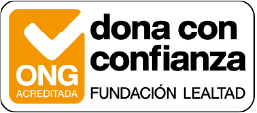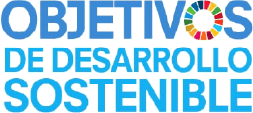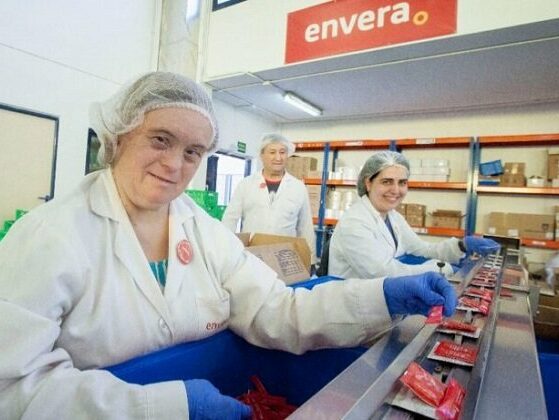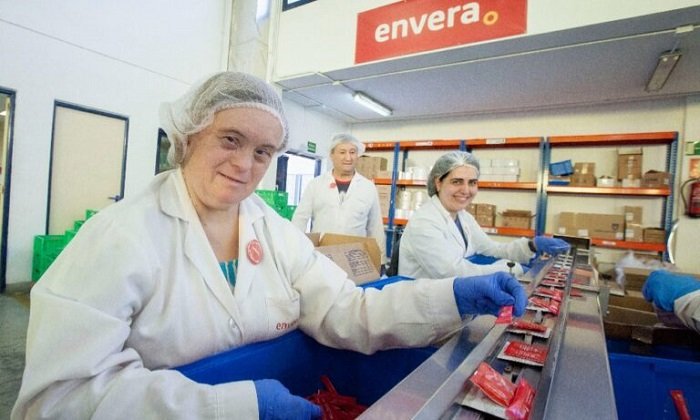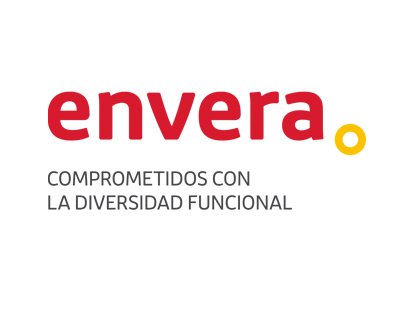Published in industry TALKSthe largest digital platform created to generate networking and industrial culture in Spain.
Madrid | December 14, 2023
The Spanish State Committee of Representatives of Persons with Disabilities(CERMI) has just "categorically reproved" the new phenomenon of transdisability, an aberration that has burst into society and that could affect the legal, political and economic sphere in our country by passing off individuals who feel they are "disabled", but who are not, at least in the terms recognized internationally by the UN.
With this unwavering stance, the highest representative body of disability in Spain, is ahead of what is already happening in other countries such as the United States, Canada or Australia, to name but a few, where there are cases of people who do not have "long-term physical, mental, intellectual or sensory impairments which, in interaction with various barriers, may hinder their full and effective participation in society on an equal basis with others", as defined in the International Convention on the Rights of Persons with Disabilities, in interaction with various barriers, may hinder their full and effective participation in society on an equal basis with others", according to the definition of a person with a disability in the International Convention on the Rights of Persons with Disabilities, declare that they feel or perceive themselves to have these limitations and, therefore, to be disabled. Not only do they reaffirm a fallacy, but they also pretend that this intrinsically individual construction aspect has political, legal and economic effects in the communities to which they belong.
Being blind, deaf, having Down syndrome, tetraplegia or schizophrenia, to give just a few examples, are objective and objectifiable impairments, which have not been chosen or configured by choice or according to the individual's will, desires, sensations, preferences, feelings or their own perceptions. When Jewel Shuping, a 30-year-old American citizen, poured plunger fluid into her eyes to completely lose her vision after confessing that she had lived her whole life feeling blind despite being able to see perfectly, she fulfilled her dream of being blind. However, the Norwegian Jørund Viktoria Alme, a 53-year-old transsexual woman, has declared that she identifies herself as a person with a disability and uses a wheelchair, although she has no mobility problems. These are just two famous and illustrative cases of a shocking "fashion".
For medical specialists, in the midst of the trans storm (trans-speciesism, transracialism, transsexuality...), it is a body integrity identity disorder, coined in 2004 by Michael B. First, professor of clinical psychiatry at Columbia University. Primero, professor of clinical psychiatry at Columbia University, who redefines the trend as what it is: a mental health problem, at best, if not a fraud.
In view of what is already being faced in other latitudes, the Spanish CERMI has decided to anticipate trends that may represent a threat to people with disabilities and their families, and is analyzing all the implications that this phenomenon may have to determine the potential damage that something like this may represent to the protection and defense of the rights of people with disabilities, accumulating an arsenal of arguments to combat it and prevent it from prospering if it reaches our country with sufficient force.
Undoubtedly, one of the areas that may be impacted by this madness is the hiring of people with disabilities. Our General Disability Law (LGD) is a regulation that aims to guarantee the rights, equal opportunities, non-discrimination and universal accessibility of people with disabilities. To this end, among other measures, it establishes that companies with 50 or more employees must reserve at least 2% of their jobs for people with disabilities. If in Spain the recent "Law for the real and effective equality of trans people and for the guarantee of the rights of LGTBI people" protects that feeling of another gender, and without any other objective or objectifiable physical transformation, is already sufficient reason to make a change of gender feasible -only a declaration of the individual in this sense is needed-, why should it not be legal for a person to be considered disabled simply because he or she declares this self-perception and avails himself or herself of the rights that protect those who are really more vulnerable, also in the labor field, because of their sensory, physical or intellectual deficiencies?
Against this backdrop, there are voices that warn that, on the one hand, this phenomenon can generate confusion and distrust in employers, as they doubt the veracity and legitimacy of people who identify themselves as "disabled" without having an objective condition that justifies it. On the other hand, it may represent unfair competition and usurpation of rights for people with disabilities who really need and deserve access to a decent job adapted to their abilities. In both cases, we would be facing a setback in a historical struggle, generating more inequality and promoting again lethal stereotypes for those who must live every day demonstrating, as Envera's slogan says, that "we can all be the best at something" knowing that we are continuously under the spotlight of demand.
There is no doubt that the phenomenon of transdisability or transdisability, as this trend is also called, trivializes and trivializes disability, promotes fraudulent practices, and represents a frontal attack on the achievements of millions of people in the world who really and objectively suffer social and labor disadvantages that require protection and support measures to ensure equal opportunities and social justice. To accept the unacceptable would be a nonsense of proportions that are already being assessed.
Published in industry TALKSthe largest digital platform created to generate networking and industrial culture in Spain.

